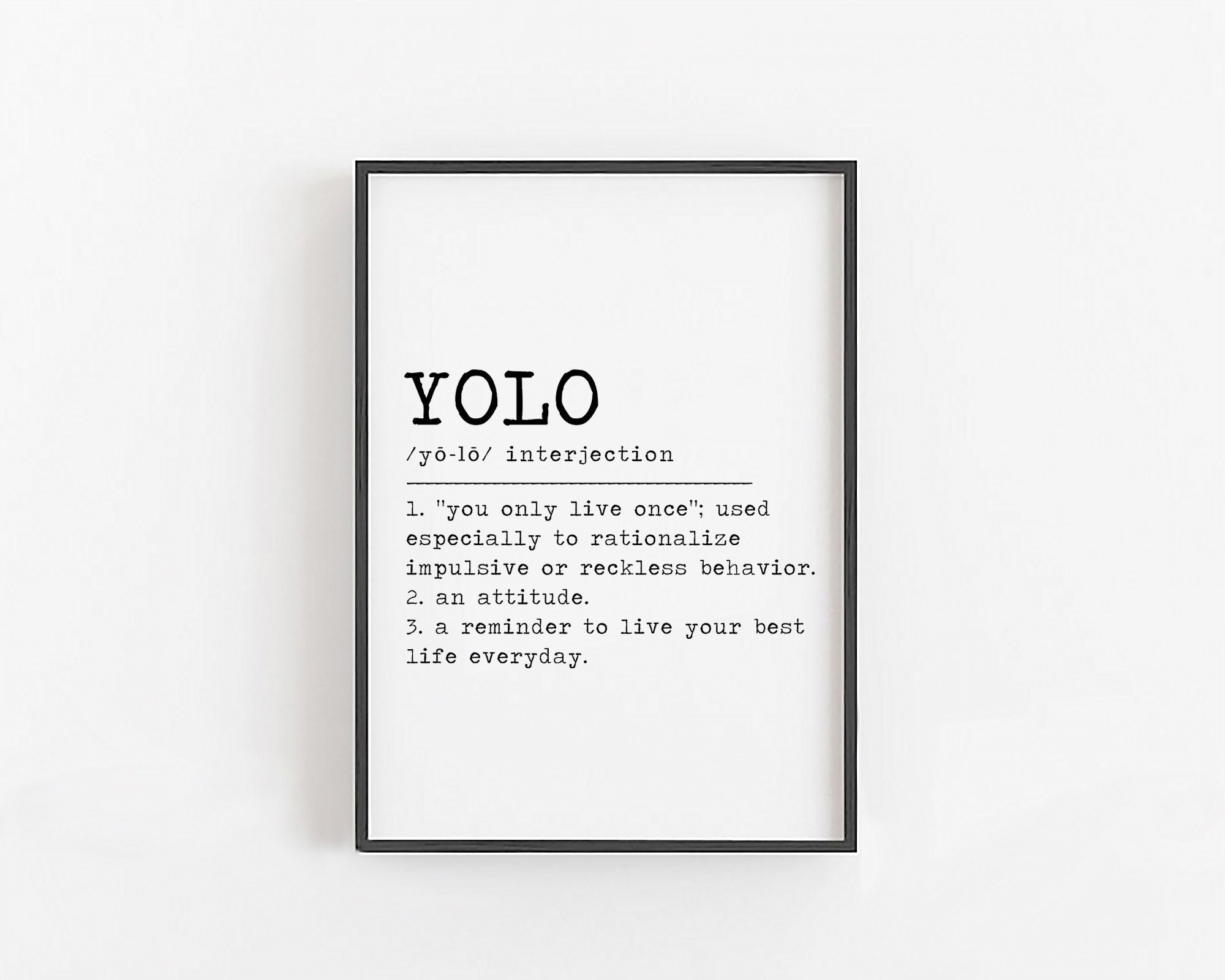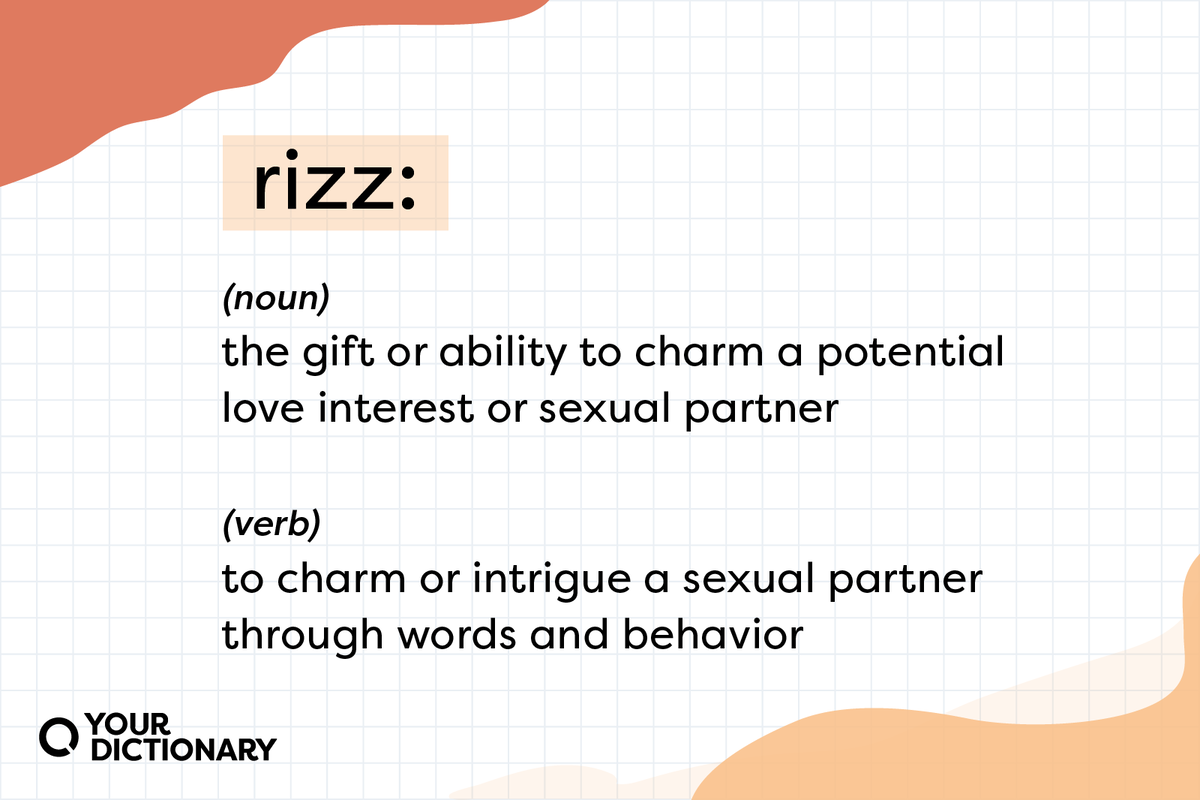As a millennial in my early 30s, I’ve watched the language I grew up with slowly fade into obscurity, replaced by a new lexicon forged by the tech-savvy, social-media-driven generation that followed.
The slang that defined my youth – phrases like “YOLO” and “slay” – now elicit eye-rolls from Gen Z, who have crafted their own verbal shortcuts and inside jokes.
This linguistic evolution isn’t new; every generation puts its stamp on the way we communicate.
But in an age where trends spread at the speed of a tweet, these changes happen faster than ever.
As TikTok influencer Allegra Miles recently pointed out in a viral video, if you’re still using certain millennial slang, you might officially be old in the eyes of Gen Z.
From YOLO to “F**k It We Ball”: The New Carefree Motto

Remember when “YOLO” (You Only Live Once) was the rallying cry of Millennials everywhere?
It embodied a carefree, seize-the-day mentality that encouraged us to take risks and live life to the fullest.
Well, Gen Z has taken that sentiment and given it a bold new twist.
Enter “F**k it we ball,” the Gen Z equivalent of YOLO.
As Allegra Miles explains, “It meant ‘here we are, why not, let’s go, let’s go’ while waving her arms around in front of her face.”
This phrase captures the same spontaneous, live-in-the-moment energy as YOLO but with a more unapologetic and rebellious edge.
Interestingly, this idea of embracing life and making the most of every moment is nothing new.
The Roman poet Horace famously coined the phrase “carpe diem,” which means “seize the day.”
From ancient times to the present, humans have always sought to capture that spirit of living life to the fullest.
The Death of “Slay” and the Rise of “Eat”

The Evolution of Praise and Hype
In the world of Millennial slang, “slay” reigned supreme as the ultimate term of praise.
If someone was “slaying” or “killing it,” they were excelling in every way possible.
However, Gen Z has officially declared “slay” as dead and has crowned a new champion: “eat.”
The transition from “slay” to “eat” marks a shift in how we express admiration and hype up our peers.
While “slay” had a more aggressive and competitive connotation, “eat” feels more celebratory and inclusive.
It’s about acknowledging someone’s success and sharing in their triumph.
Variations and Usage of “Eat”
One of the beauties of “eat” is its versatility.
It can be used in a variety of contexts and paired with other phrases to amplify its impact.
For example:
- “She ate and left no crumbs” – Implies that someone completely dominated or excelled at something, leaving no room for improvement.
- “They ate with this outfit” – Praises someone’s fashion choices and suggests that they look incredible.
- “THEY ATE” – A standalone declaration of admiration, acknowledging someone’s outstanding performance or achievement.
The adaptability of “eat” allows it to be used in diverse situations, making it a go-to term for Gen Z when they want to express approval or celebrate success.
From Game to Rizz: The Art of Seduction

Understanding the Etymology of “Rizz”
In the realm of romance and seduction, Millennials often referred to having “game” – the charm and skills needed to attract potential partners.
However, Gen Z has introduced a new player: “rizz.”
“Rizz” originates from the word “charisma,” and it encompasses the same smooth-talking, confidence-boosting qualities as having “game.”
As Allegra Miles puts it, “It literally just means, like, ‘Hey, Shawty, what’s up? Did it hurt when you fell from heaven?'”
It’s about having the charm and wit to make a memorable first impression.
The Versatility of “Rizz”
What sets “rizz” apart from “game” is its adaptability beyond the realm of romance.
“Rizz” can be used as both a noun and a verb, making it a multi-purpose addition to the Gen Z vocabulary.
For instance:
- “He’s got mad rizz” – Suggests that someone has a natural talent for charming and persuading others.
- “She rizzed up the crowd with her speech” – Implies that someone captivated and energized an audience through their charisma.
While the exact meaning of terms like “skibidi rizz” remains a mystery to most Millennials (and probably for good reason), it’s clear that “rizz” has become a staple in the Gen Z lexicon.
On Point vs. Locked In: A Shift in Commitment

Millennials often used the phrase “on point” to describe someone who was focused, prepared, and ready to tackle a task.
It implied a sense of being in control and having everything in order.
Gen Z, however, has adopted a new term that takes commitment to the next level: “locked in.”
According to Allegra Miles, “on point” and “locked in” share similar energy but with a key difference.
While “on point” suggests a state of readiness, “locked in” conveys a stronger sense of dedication and unwavering commitment.
When someone is “locked in,” they’re not just prepared; they’re fully invested and determined to see things through.
Being “locked in” means being accountable and reliable, traits that are highly valued by Gen Z.
It’s about showing up, following through, and being someone others can count on.
The Vibe Check: From Ambience to Type Beat
The Decline of “Vibe” and the Rise of “It’s Giving”
Millennials have long used the term “vibe” to describe the overall atmosphere or energy of a person, place, or situation.
It was a catch-all word that could convey a range of emotions and experiences.
However, Gen Z has started to move away from “vibe” and towards a new phrase: “it’s giving.”
When Gen Z says “it’s giving,” they’re describing the specific qualities or characteristics that something embodies.
For example, “It’s giving cozy coffee shop vibes” or “It’s giving main character energy.”
This phrase allows for a more precise and evocative description of the overall impression something gives off.
The Emergence of “Type Beat”

Another Gen Z alternative to “vibe” is “type beat.”
While not as widely used, “type beat” has started to gain traction as a way to describe the atmosphere or mood of a place or situation.
For instance:
- “The restaurant has an ambient type beat” – Suggests that the restaurant has a calming and peaceful atmosphere.
- “The party was a wild, energetic type beat” – Implies that the party was lively and exciting, with a high-energy vibe.
Although “type beat” may not be as prevalent as other Gen Z slang terms, it’s an interesting example of how the generation is putting their own spin on describing the world around them.
Anecdotal Feedback from Social Media on The Use of These Terms
The response to Miles’ video highlights the generational divide – and overlap – in slang usage.
“I am a true Zillennial and the only Millennials I’ve ever heard use ‘slay’ are those who learned it from Gen Z,” commented one user.
Another quipped, “Gen X parents using this slang is my favorite thing. The cackles when I use it properly and the eye rolls are little snacks as a dad.”
Embracing Change: The Inevitability of Language Evolution
As Millennials navigate the ever-changing landscape of language, it’s essential to remember that evolution is inevitable.
Just as we adapted to the slang of our youth, future generations will continue to create and popularize new terms that reflect their unique experiences and perspectives.
Rather than resisting change or clinging to outdated terminology, embracing the fluidity of language can help bridge generational gaps and foster better communication.
By staying informed about the latest slang terms and understanding their meanings, we can connect more effectively with younger generations and remain relevant in an ever-evolving world.
Conclusion
From “YOLO” to “f**k it we ball,” “slay” to “eat,” and “vibe” to “type beat,” Gen Z has introduced a wealth of new slang terms that are redefining the way we communicate.
As millennials grapple with our linguistic obsolescence and Gen Z continues to innovate, it’s clear that slang will keep evolving with each generation.
These verbal trends are more than just passing fads – they’re reflections of the cultural, technological, and social forces shaping each cohort’s identity.
So to all my fellow millennials: Embrace the change, learn from the youth, and don’t be afraid to update your lexicon.
And to Gen Z: Keep creating, keep experimenting, and know that one day, your slang will be “cheugy” too.
It’s all part of the beautiful, messy, endlessly fascinating cycle of language.
Yolo – or should I say, “f**k it, we ball.”

